On Thursday, July 11, the Tufts Office of Sustainability hosted the 2019 Sustainability Champions Ceremony and Reception. Guests gathered in the historic Coolidge Room of Ballou Hall to recognize newly trained Eco-Ambassadors and recently certified Green Offices. This year, two new awards were also presented: Sustainability Champion and Eco-Rep of the Year.
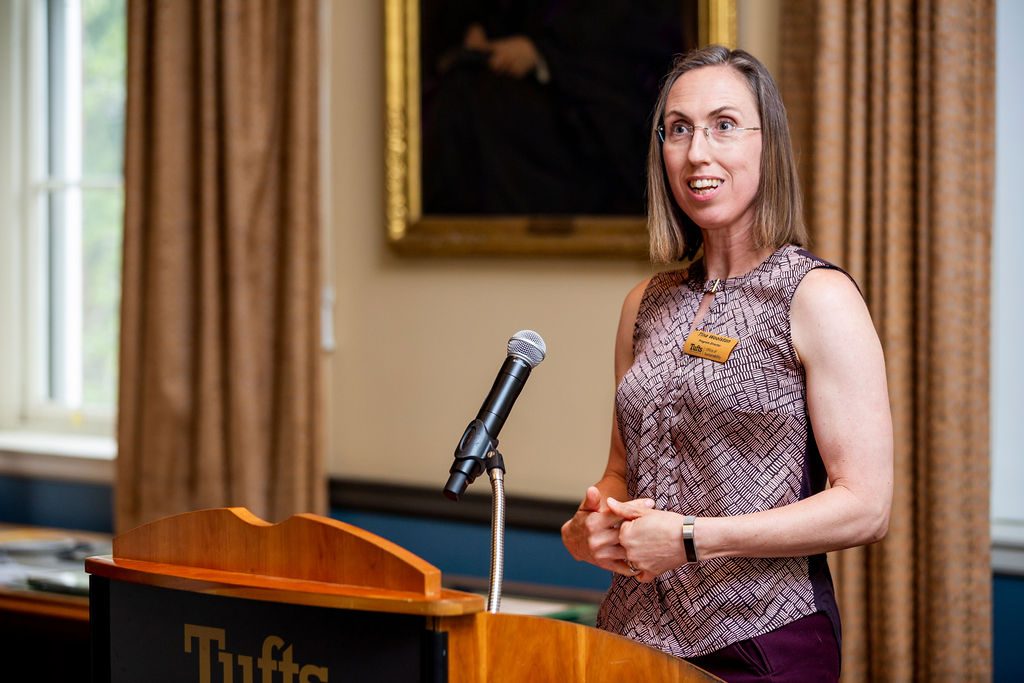
Tina Woolston, Sustainability Program Director, opened the event by welcoming guests and introducing the new Executive Vice President, Mike Howard. He brings experience promoting sustainability at Smith College and MIT to his role at Tufts.
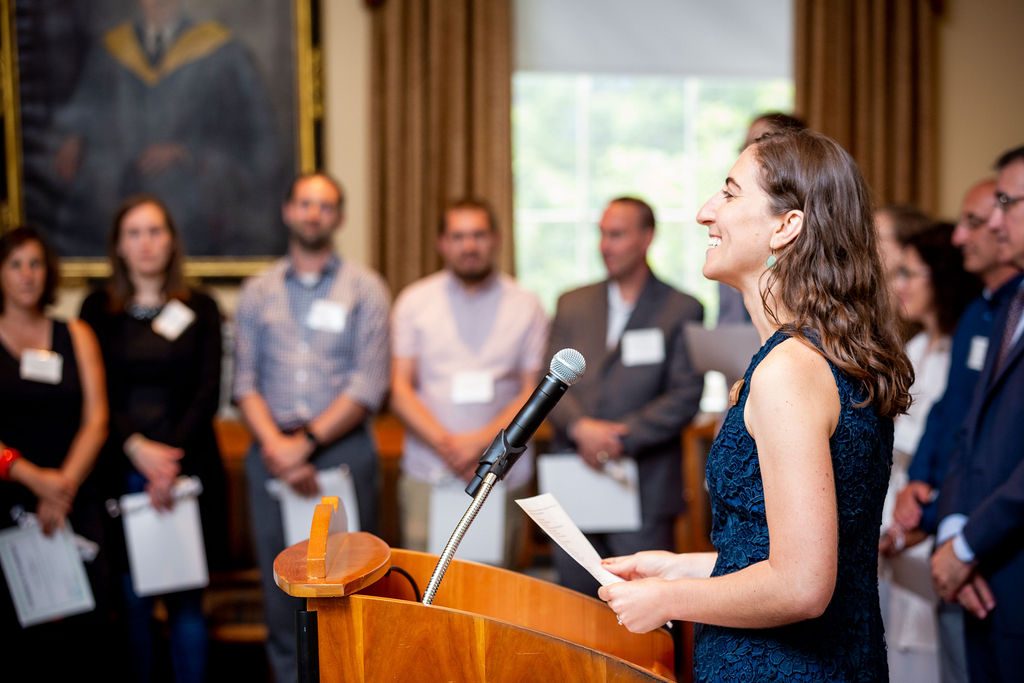
Shoshana Blank, the Education and Outreach Program Administrator, then explained the Green Office Certification and Eco-Ambassador programs. She spoke on the importance of individual efforts in creating an institutional culture of environmental responsibility. Faculty, staff, and student sustainability actions are vital alongside university policies.
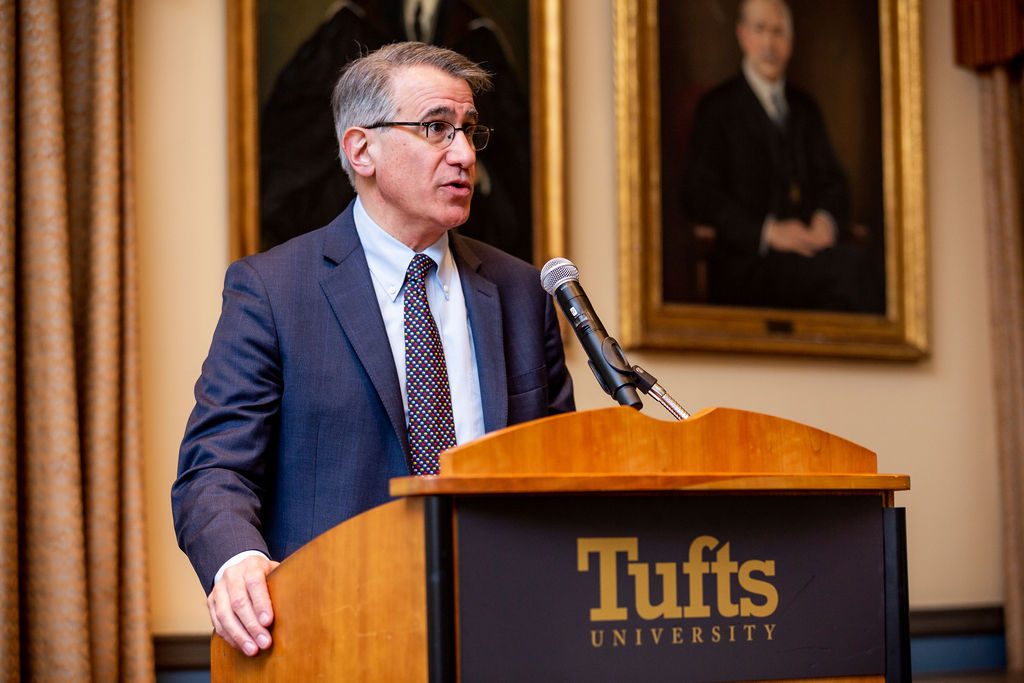
President Monaco attended the ceremony to personally congratulate the Green Offices, Eco-Ambassadors, Sustainability Champions, and the Eco-Rep of the Year. He remarked on the many ways Tufts has demonstrated its commitment to the environment in the past year since the 2018 reception.
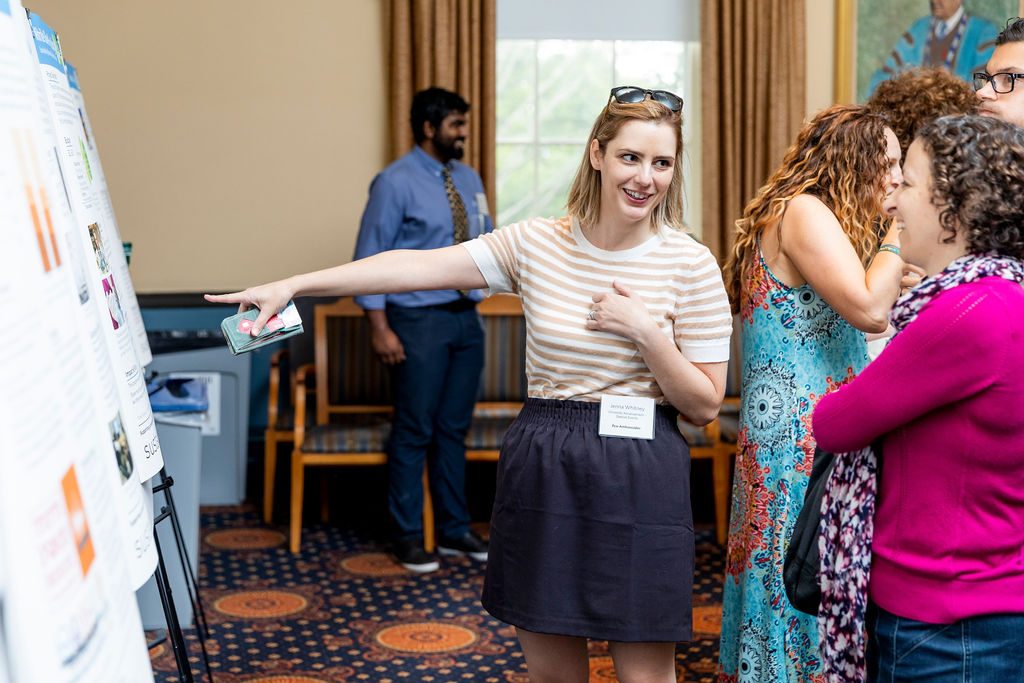
Notably, the Green Fund provided $40,000 to finance eight projects across all four campuses. Information about each Green Fund project was displayed on posters along the wall. Guests enjoyed learning about the projects, and were hopefully inspired to propose sustainability projects of their own.
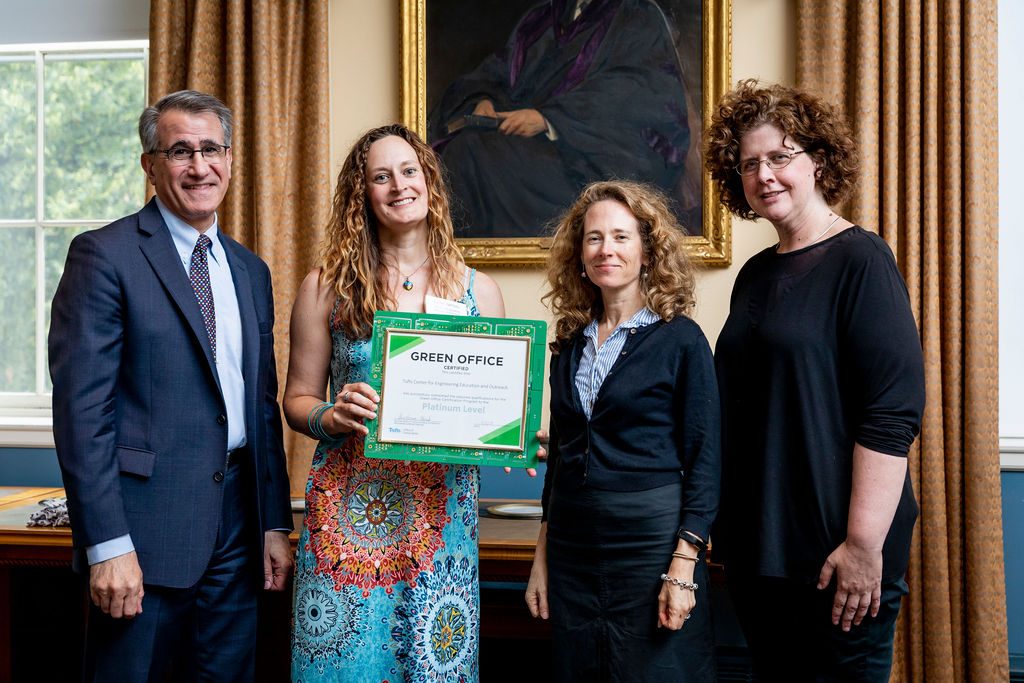
The ceremony continued with the presentation of the awards. Twenty-three Green Offices received certificates in frames made of recycled circuit boards. Eight were certified at the Bronze Level, six at the Silver Level, seven at the Gold Level, and two at the Platinum Level. The 22 Eco-Ambassadors trained in June 2019 also received certificates. Each award recipient posed for a photo with President Monaco.
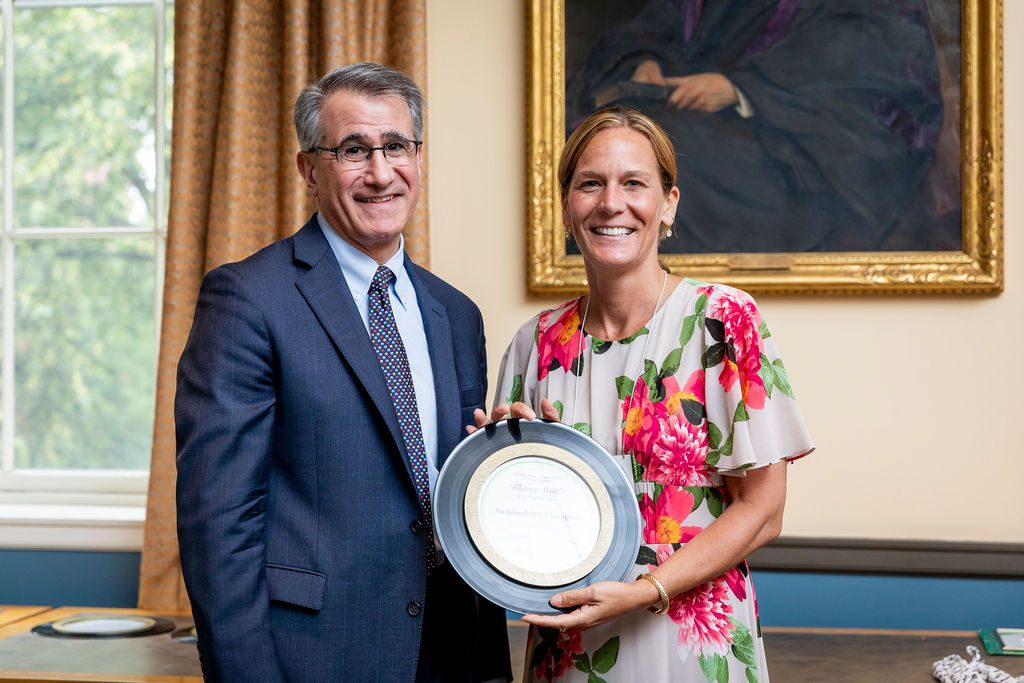
Sustainability Champion awards were given to JP Beaulac of Tufts Dining, Whitney Stiehler of the Tufts Wildlife Clinic, Lynne Ramsey of the Center for Engineering Outreach and Education (CEEO), and the Tufts Technology Services Green Team, as a whole group. These individuals demonstrate an outstanding commitment to sustainability at Tufts.
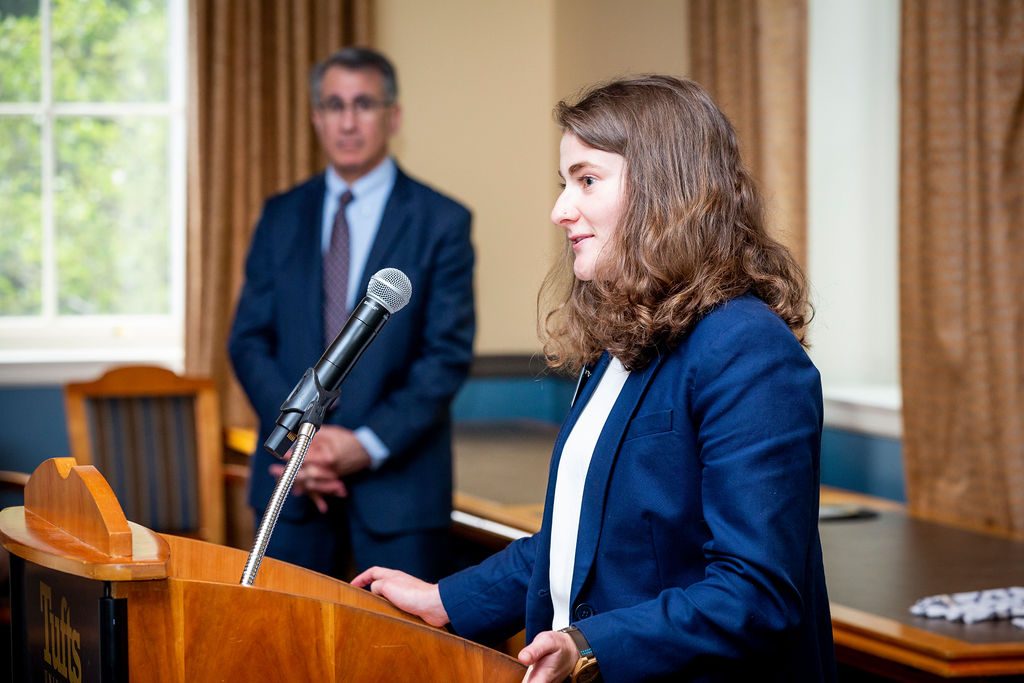
Elyssa Anneser, A20 and Eco-Rep Coordinator for AY 2019-2020, awarded Carla Giannattasio, A20, Eco-Rep of the Year. The new awards were designed by summer Programs Intern Jennifer Frye and created by Communications Intern Michaela Morse. They made use of old records donated to the Office of Sustainability during Spring residence hall move-out and utilized the laser cutter in the Advanced Production Lab at the SMFA to cut plexiglass and circular plywood frames.
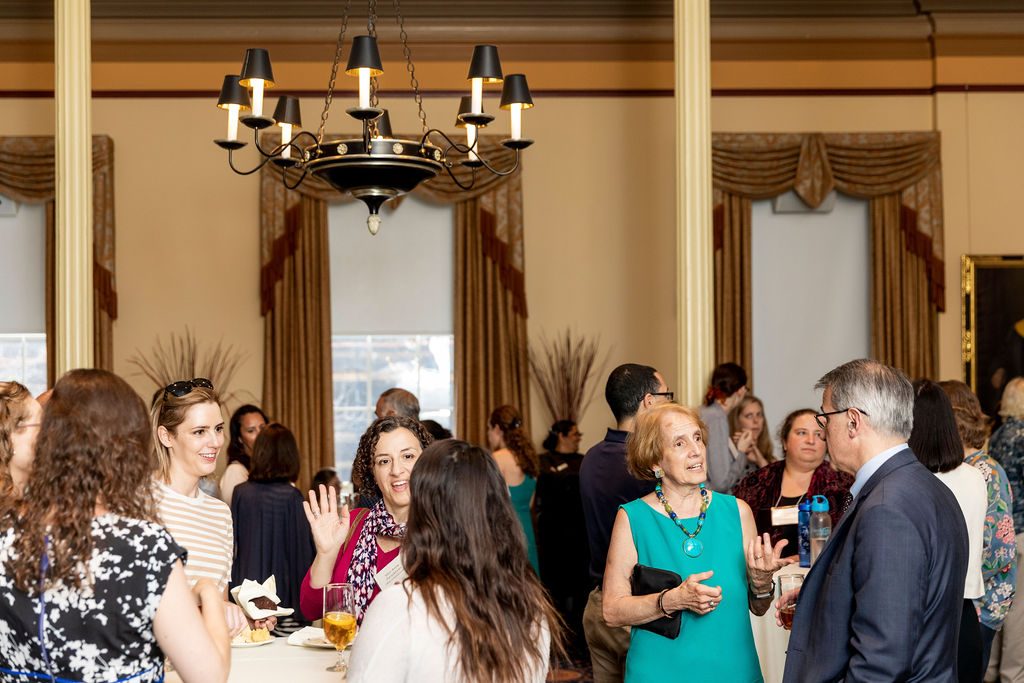
After the awards ceremony, guests mingled and enjoyed finger foods and beverages. Discussions turned to various ways to improve university sustainability. Eco-Ambassadors encouraged coworkers to undergo training, and Green Office members promised to certify at a higher level. Guests left motivated to work towards even bigger sustainability goals. Their achievements will be celebrated at next year’s Sustainability Champions Ceremony and Reception.
To see all the photos from this year’s event, visit the Office of Sustainability’s Facebook page.
Below is a list of all the Green Offices, Eco-Ambassadors, and Sustainability Champions that were acknowledged at this year’s reception.
Newly certified Green Offices, all of which all successfully participated in and completed the 2019 Green Office Certification Challenge–
Bronze Certified offices:
- Tufts Technology Services – TAB 301
- Department of Sociology
- Department of Biomedical Engineering – 4 Colby Street
- Sackler School of Graduate Biomedical Sciences Dean’s Office
- Tufts Music Department
- Tufts Hillel
- Tufts Comparative Medicine Services
- Tufts Technology Services –TAB Basement
Silver Certified offices:
- Center for the Enhancement of Learning and Teaching / Educational Technology Services
- Tufts Center for the Study of Drug Development & Tufts Dental IT
- Tufts Technology Services –Information Security
- Fletcher Global Master of Arts Program
- Cummings School Dialysis Department
- Department of Public Health and Community Medicine – The SUPPER Project
Gold Certified offices:
- University Chaplaincy
- Department of Biomedical Engineering – Black Lab
- Human Resources
- Tufts Technology Services -16 Dearborn Road
- Fletcher Office of Admissions and Financial Aid
- Office of Institutional Research
- Foster Hospital for Small Animals -The Client Service Team
Platinum Certified offices:
- Center for International Environment and Resource Policy (CIERP)
- Tufts Center for Engineering Education and Outreach (CEEO)
Newest members of the Tufts Eco-Ambassador program, who were trained in June 2019:
- Liam Curry – Facilities/Engineering
- Kristen Dabney – Student Accessibility Services
- Jillian DeMair – CIERP, Fletcher
- Kim Ellwood – Office of the Graduate Dean for the School of Engineering
- Branden Etheridge – Facilities/Engineering
- Austin Fuller – Strategy & Program Development
- Caroline Harrison – International Literary and Cultural Studies
- Peter Loeb – Hillel
- Doris Pfaffinger – International Literary and Cultural Studies
- Jaime McSkimming – Tisch Library
- Monica Morin – Biology
- Katie Mulroy – Fletcher Student Affairs
- Liza Reed – Fletcher, Communications & PR Specialist
- Melissa Weikart – Music Department
- Jenna Whitney – University Advancement Special Events
- Janice Willson – Office of the President
- Rebekah Plotkin – Gordon Institute
- Justin Cronin – Chemistry
- Karin Wiedemann – Office of Career Services, Fletcher
- Gina O’Connor – Film and Media Studies
- Zara Konarski Rudenauer – Counseling & Mental Health
- Bruce Johnson – Eliot-Pearson/Child Study & Human Development
Sustainability Champions, who are individuals that go above and beyond what the traditional person (who doesn’t have sustainability in their job title) might do to help make Tufts more sustainable–
Inaugural Sustainability Champions:
- Lynne Ramsey – Center for Engineering Education and Outreach (CEEO)
- Whitney Stiehler – Tufts Wildlife Clinic Coordinator
- The Tufts Technology Services Sustainability Team
- JP Beaulac – Associate Director of Residential Dining
- Carla Giannattasio – Inaugural Eco-Rep of the Year Award

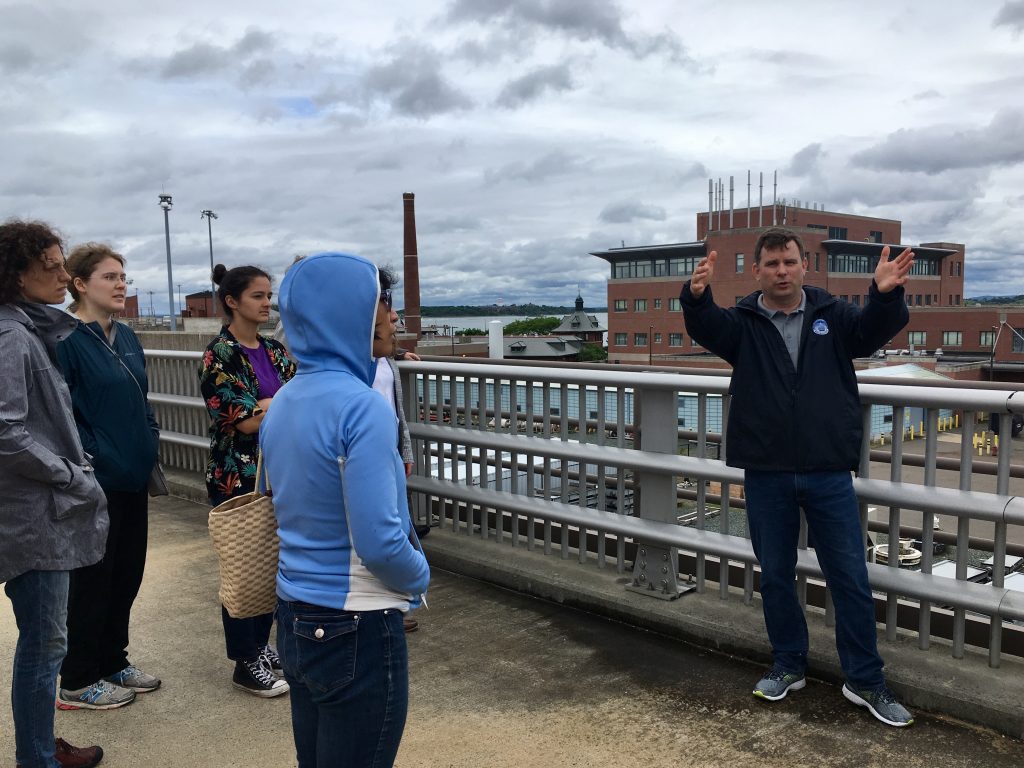
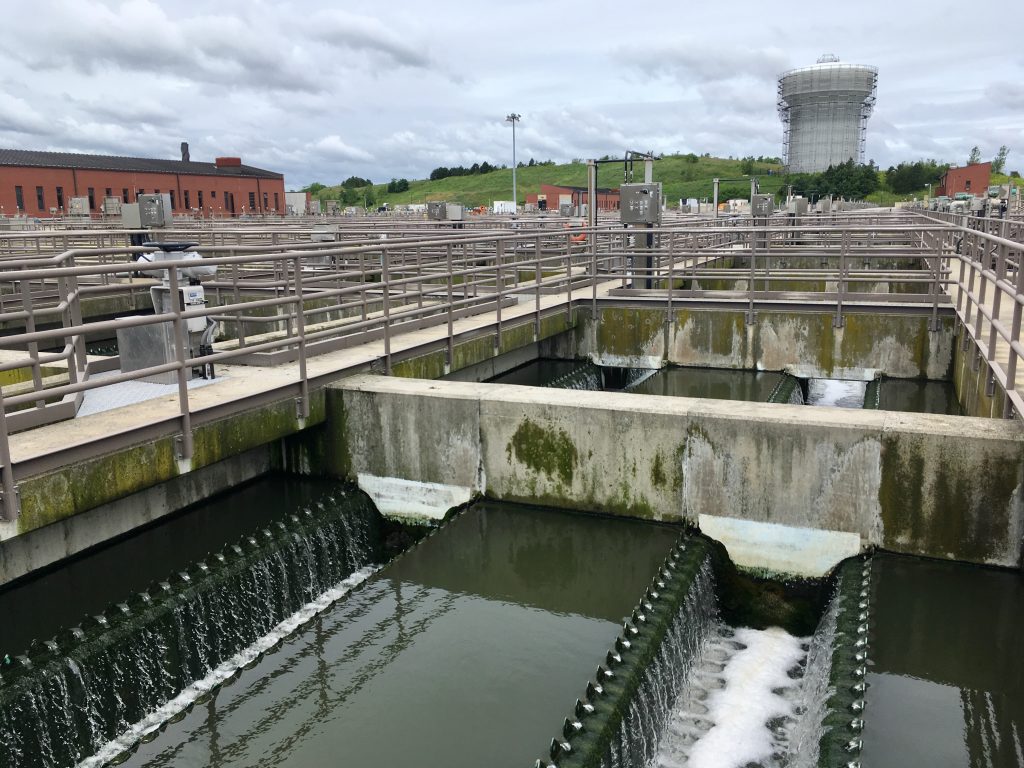
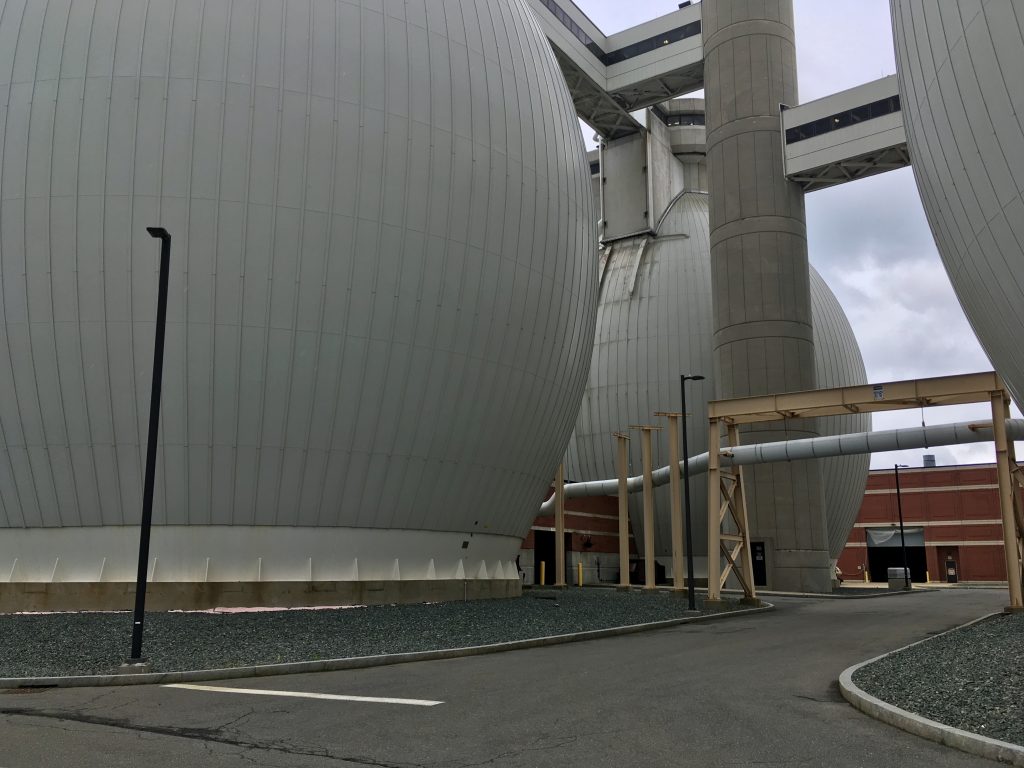
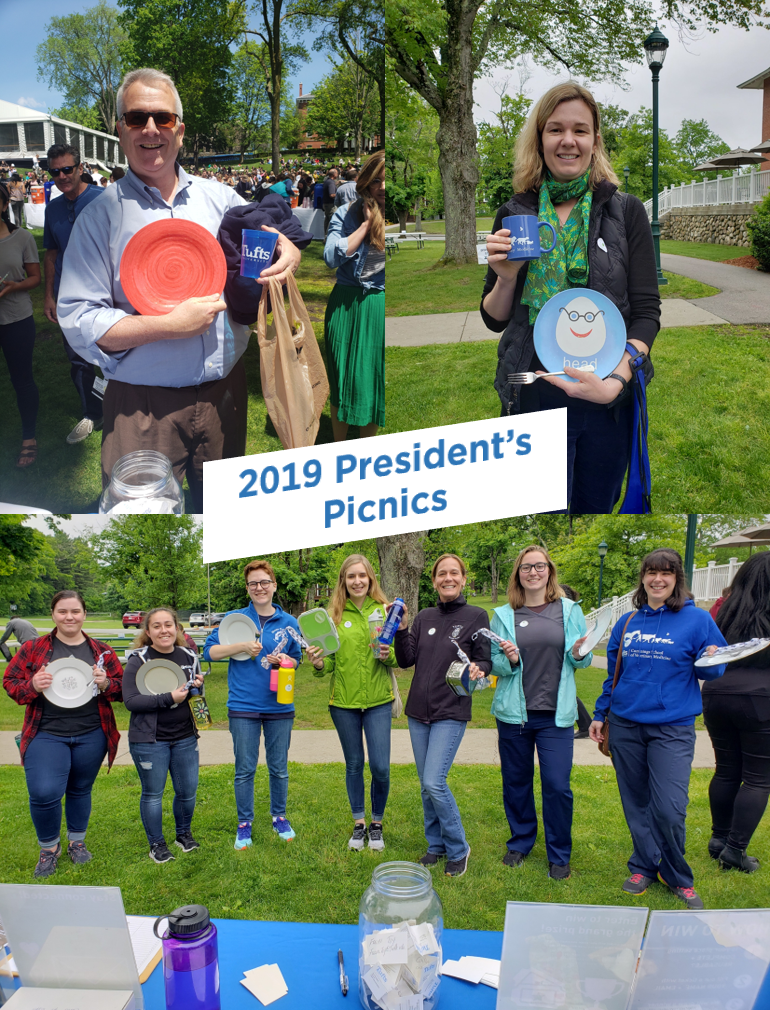

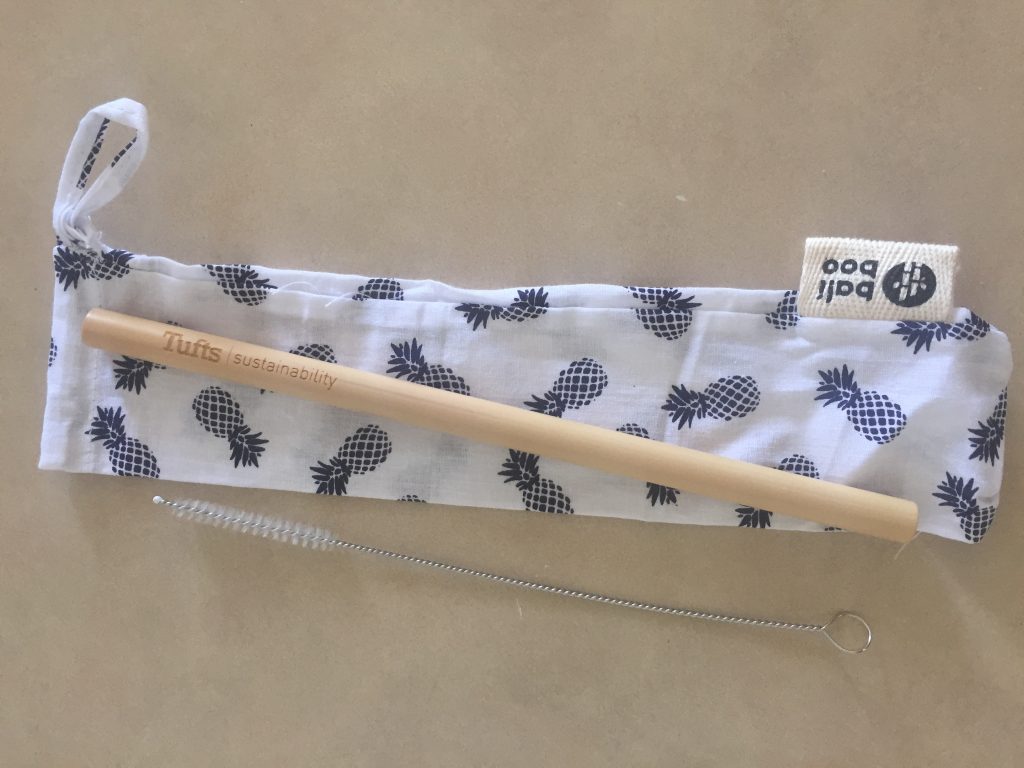

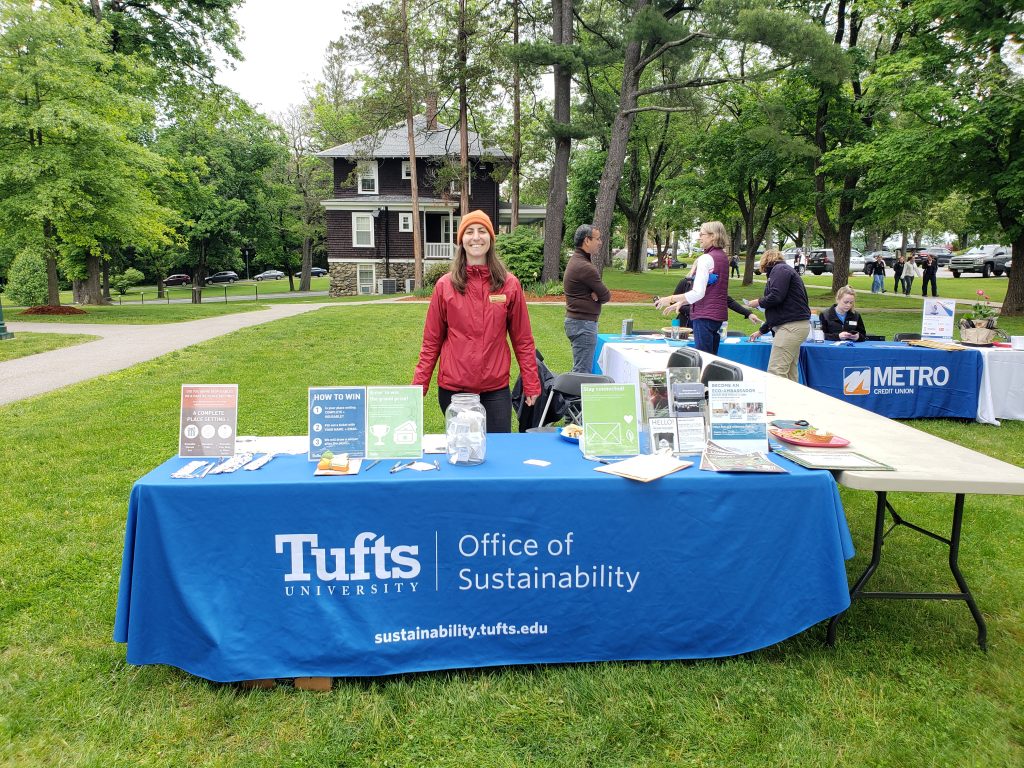


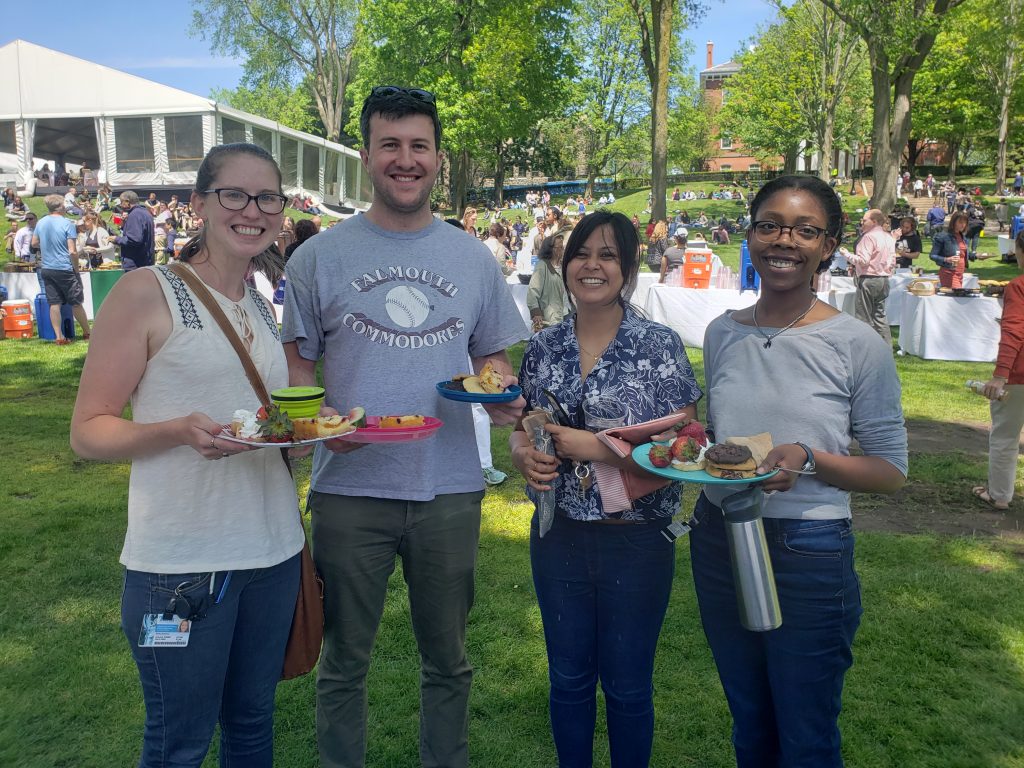

Find Us On Social Media!